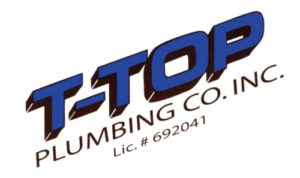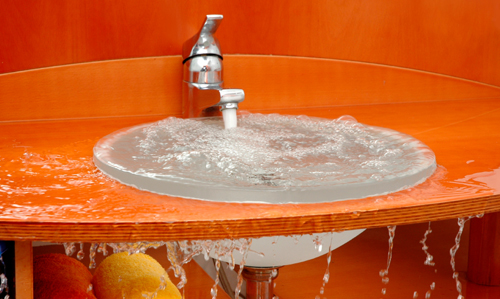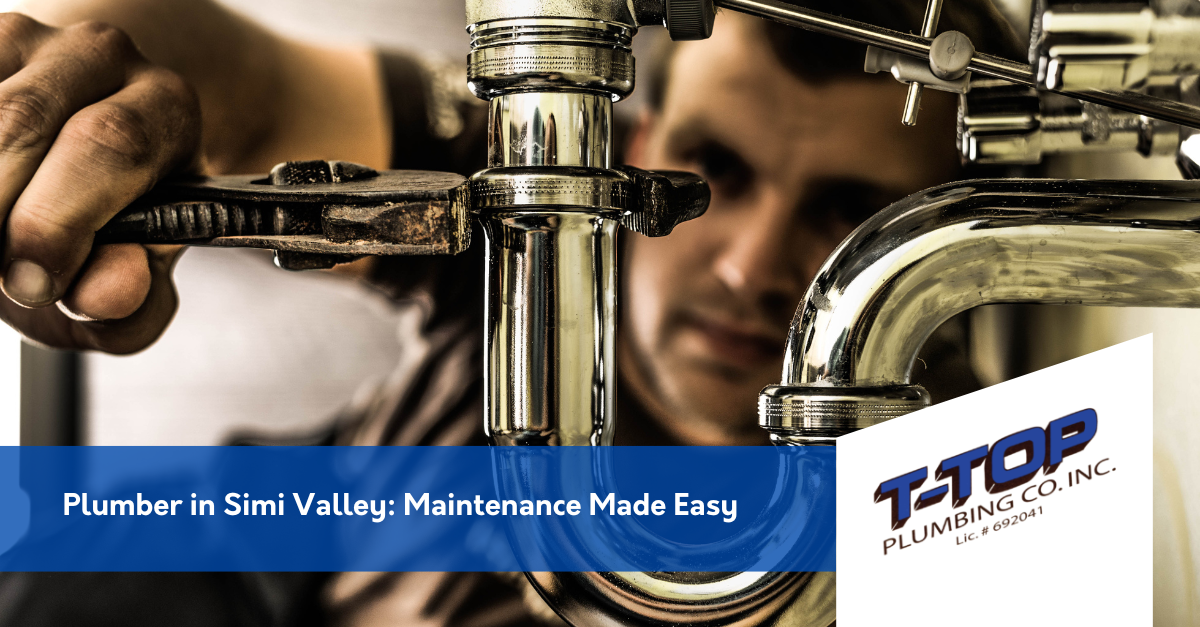While a clogged drain is pretty common, they’re certainly not a welcome occurrence for homeowners or commercial property owners. Anything from washing the dishes to showering or brushing your teeth becomes a nuisance. Nobody wants to shower standing in what’s essentially bathwater or deal with gross dirty water that refuses to go down your kitchen or bathroom sink.
One way of preventing drain clogs is to be proactive when it comes to preventing them. Knowing what causes drain clogs in one way to approach this. Here are a few common causes of drain clogs; including some you maybe have never even thought of.
Drain Clogs from Grease
How many of us grew up with a grandmother who meticulously kept grease out of the kitchen sink? This is because grease accumulating inside drain pipes can cause major plumbing issues. Dealing with grease clogged drains is a frustrating ordeal. Water passages are blocked causing an overflow that’s often smelly and unhygienic. Grease just might be the nastiest of drain issues. Not to mention, the hardest to deal with.
Even if you’ve heeded grandma’s advice and know better than to pour bacon grease down the drain, grease can inconspicuously accumulate inside drain pipes over time from some less obvious sources. Common culprits are food scraps, meats, butter, dairy products, and eggshells.
Avoiding a grease clogged drain starts with prevention. When manually washing the dishes after cooking, be sure to clean greasy kitchen utensils and plates. Perhaps even let them soak in a grease-dissolving cleaner before washing them. Properly wipe off/out plates, bowls, pots, and pans to keep food scraps and particles out of the sink.
Consider installing a garbage disposal if you don’t have one. Garbage disposals are pretty much grease traps. They’re specifically designed to keep fats and greasy substances from water; preventing clog-causing materials from going into the pipe.
Drain Clogs from Soaps & Detergents
Soaps and detergents – substances specifically designed for use in sinks – actually contribute drain clogs. Many soaps and detergents are comprised of animal and vegetable-based fats. Soap, in particular, can be problematic in shower, bathroom, and laundry room drains.
Fat-free soaps are readily available and come in a variety of types, shapes, and sizes.
Drain Clogs from Tree Roots
Tree roots can get into any underground pipe with even the slightest crack or leak. Once this happens, these roots can flourish and grow rapidly with the influx of water and other nutrients. This further damages pipes and restricts the flow of water.
The process of removing tree roots from your pipes is complex and requires a professional’s expertise. A sewer line repair, pipe excavation or high-pressure jet cleaning could be required.
Don’t Be a DIY Hero – Call a Professional
Don’t run to the store and buy Drano or Liquid-Plumr at the first sign of a clogged drain. These products can actually worsen your problem. Instead, contact a local plumbing expert. In many cases, a professional can fix the issue faster while saving you time, money and frustration.





